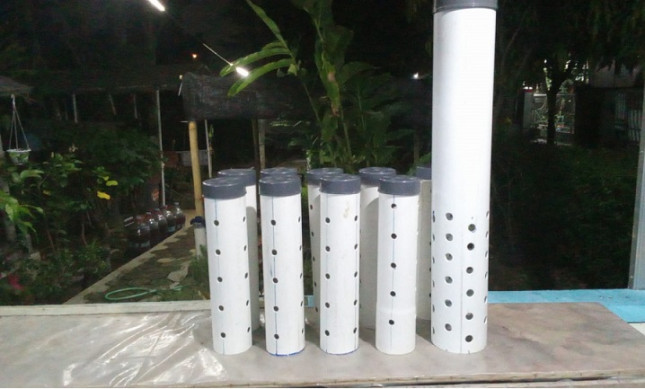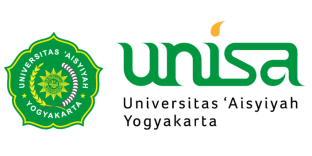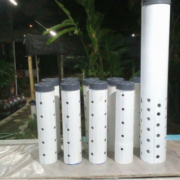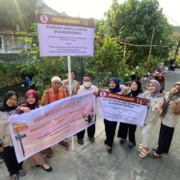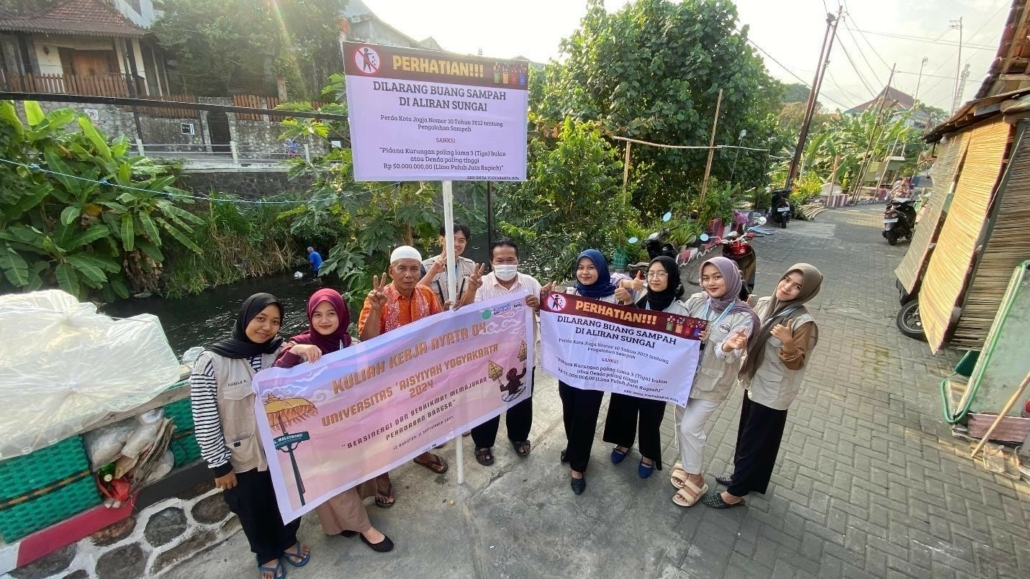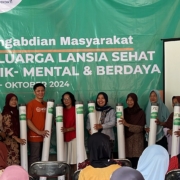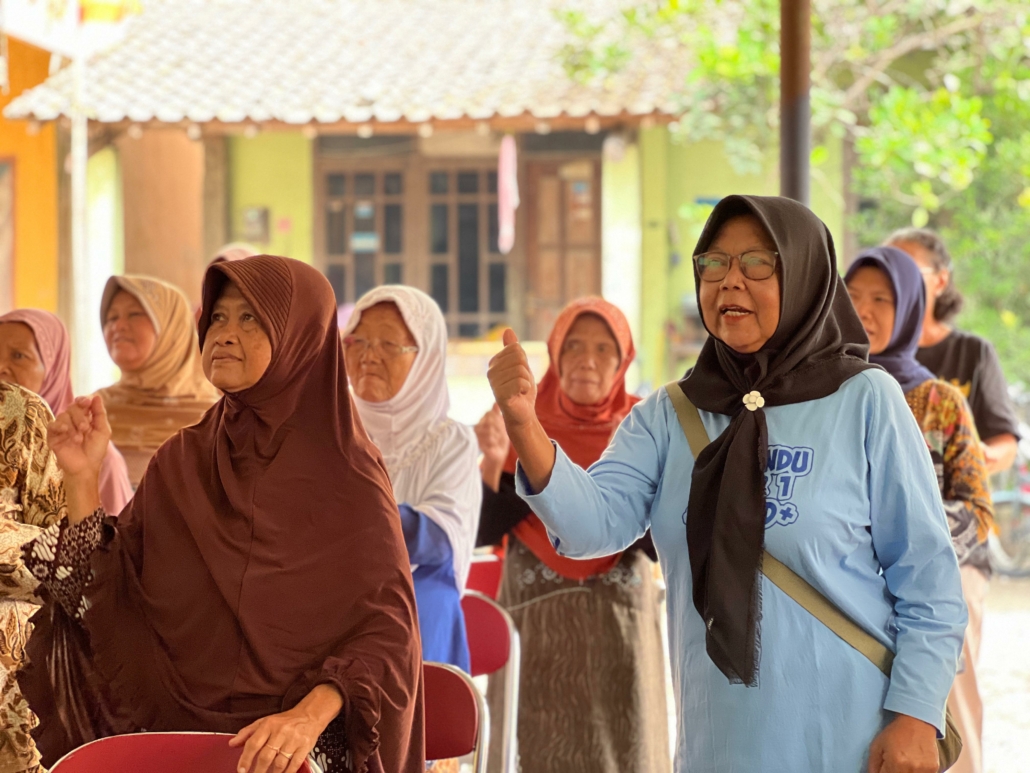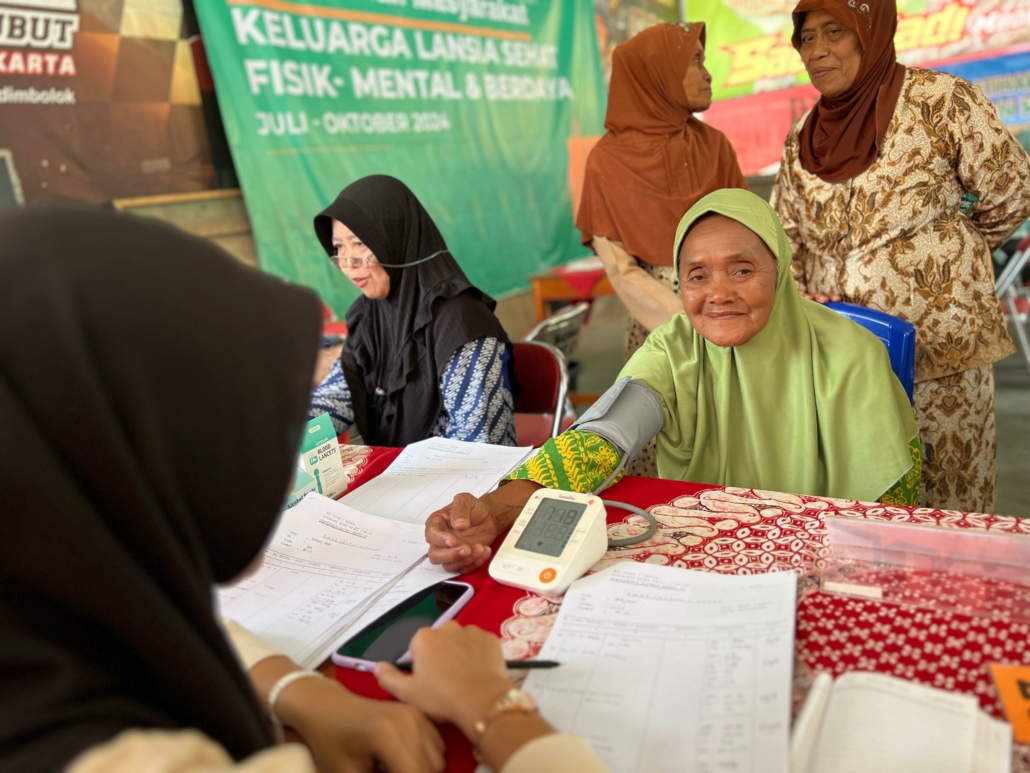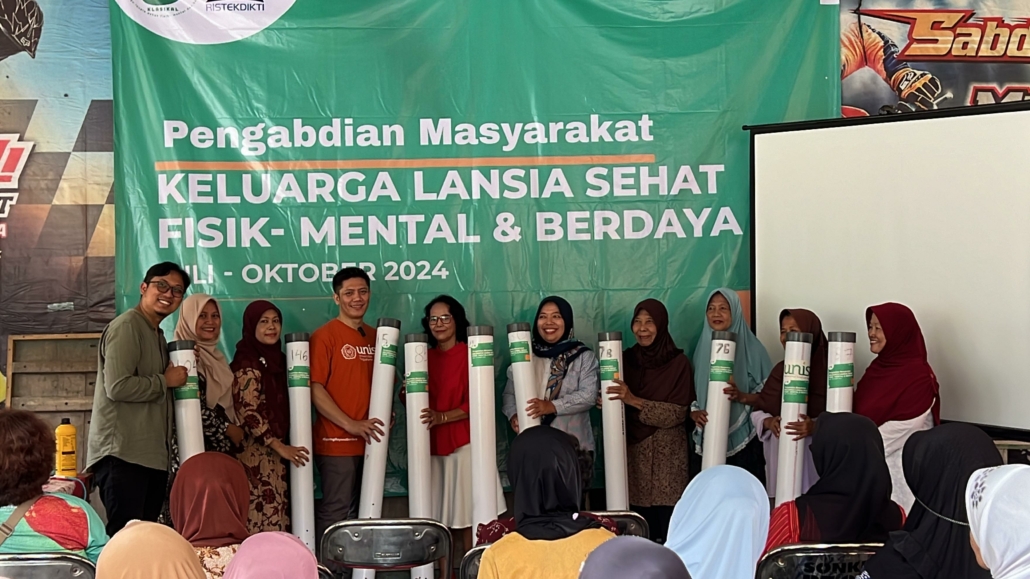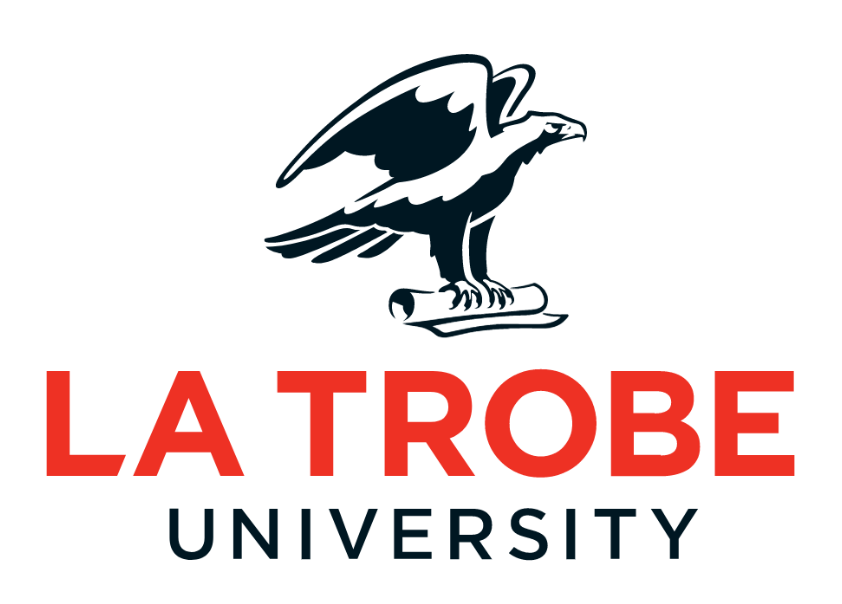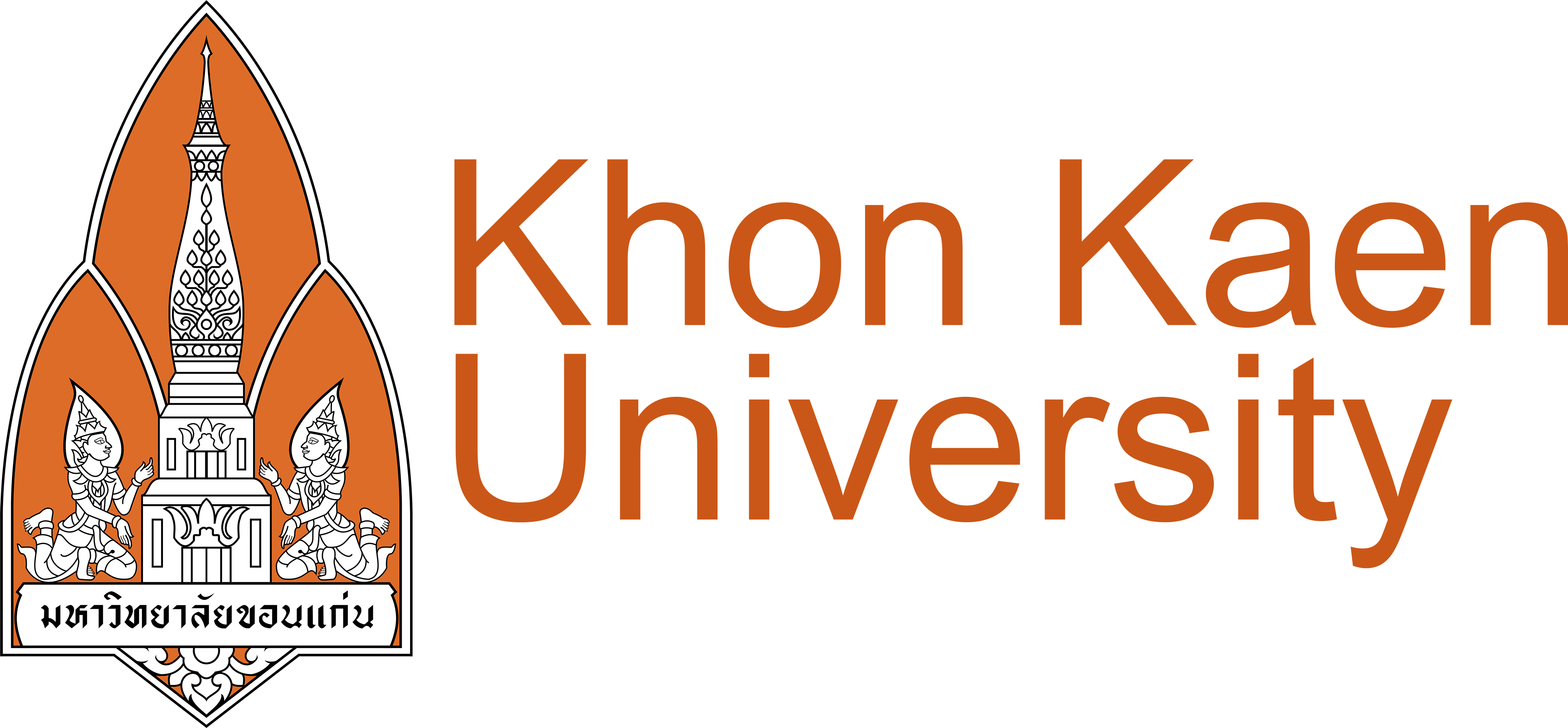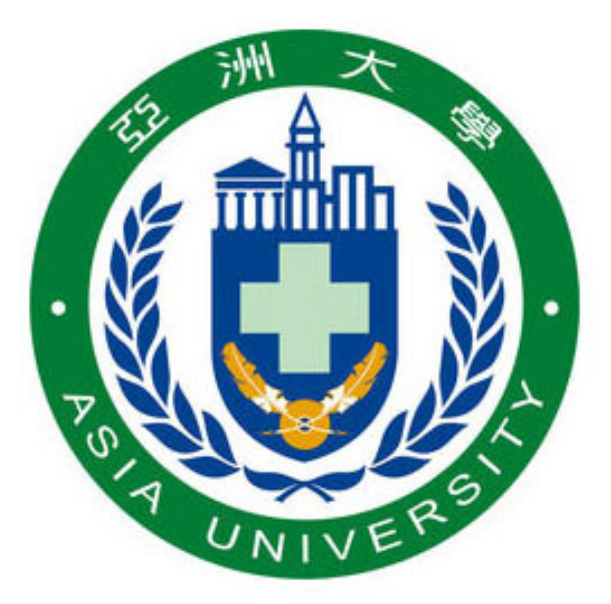The rainy season is here again, bringing with it a worry that seems to be an annual ritual: floods that inundate various regions. Every year, news about floods, the accumulation of garbage in river basins, and the losses suffered by the community fill the media pages. However, behind this natural phenomenon, there is a fundamental problem that we can actually overcome together: waste management that is still far from ideal and low public awareness of environmental cleanliness.
Flooding is an effect, not a cause. Most floods are a result of human behavior, not just a natural result of high rainfall intensity or the topography of the area. Floods are mainly the result of our inability to manage waste properly. Data shows that our waterways, rivers and even beaches are currently full of waste, which not only impedes the flow of water but also threatens the ecosystem as a whole. Unfortunately, the solutions we have implemented have not been strong enough to tackle this problem. Policies related to integrated waste management are often just ideas on paper that are not followed by serious and sustainable implementation.
Household organic waste management is often a challenge for many people. Food scraps, vegetables, fruit peels, and other kitchen materials that are simply thrown into the trash can actually still be utilized in a more useful way. One method of organic waste management, which is gaining popularity and is environmentally friendly, is the LOSIDA method, which stands for Lodong Sisa Dapur. The existence of LOSIDA has great potential in preventing flooding due to the accumulation of waste. This concept allows every household to have an effective and efficient waste management system.
LOSIDA is an organic waste management system that focuses on utilizing kitchen waste as compost material through containers in the form of paralon, barrel, bucket, gallon or other closed containers that can be easily placed in the home area. The aim of this method is to reduce the amount of organic waste that ends up in landfills, as well as to produce high-quality compost that can be used for plants. The process is quite simple and practical, so it can be done by anyone, both in urban and rural areas, without the need for expensive tools or materials.
LOSIDA is a practical, cheap, and effective solution in managing household organic waste. In addition to reducing the volume of waste disposed to landfill, preventing the accumulation of waste in waterways, this method also supports environmental sustainability and contributes to maintaining environmental cleanliness and building a culture of waste care. The more people who apply this method, the greater the positive impact on cities prone to flooding.
The rainy season need not be a threat anymore if we are willing to do something about small things, such as kitchen waste management. With LOSIDA, we can face the rainy season without worrying about flooding, while supporting environmental sustainability. Let’s make waste management a priority, not just an annual discourse. Only with collective awareness and concrete actions, we can realize a clean environment and free from floods caused by waste.
By: Suprihatin Wijayanti
University of `Aisyiyah Yogyakarta
Tags: aisyiyah, banggamenjadiunisa, beunisa, sampah, unisayogya
